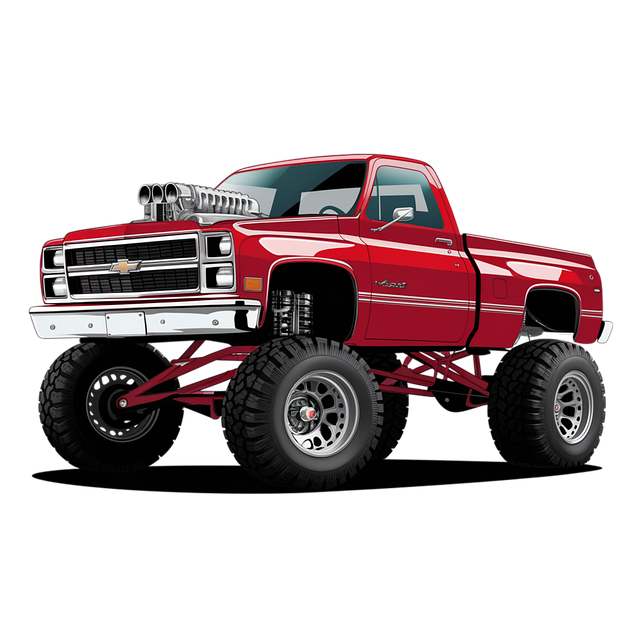Trucking fleet insurance deductibles are crucial for effective risk management, balancing cost savings with protection. Fleet managers optimize coverage by considering vehicle type, driver experience, and safety records. Lower deductibles offer upfront cost savings but higher premiums, while higher deductibles reduce premiums with larger out-of-pocket claims. Strategic practices like promoting defensive driving, safety training, and regular maintenance minimize accidents and insurance costs. Efficient deductible management is a competitive advantage in the trucking industry, with successful case studies demonstrating customized coverage, collaborative negotiations, and significant savings.
In the dynamic world of trucking, managing deductibles is a key strategy to optimize costs associated with fleet insurance. This comprehensive guide delves into the intricacies of deductibles, explaining their significance in trucking fleet insurance and how they impact overall financial health. We provide a detailed roadmap for navigating deductible options, offer proven strategies to minimize them, and share real-world case studies showcasing successful management practices within the industry.
Understanding Deductibles: What They Are and Why They Matter in Trucking Fleet Insurance

In the world of trucking fleet insurance, understanding deductibles is paramount for efficient risk management. Deductibles represent the out-of-pocket expense a policyholder agrees to pay when filing an insurance claim. They serve as a financial barrier between the insured and the insurer, encouraging responsible driving habits and minimizing fraudulent claims. When it comes to fleet trucks, deductibles can vary greatly depending on factors like vehicle type, driver experience, and safety record.
Knowing these variables is crucial for fleet managers looking to optimize their trucking fleet insurance coverage. By carefully considering deductibles, they can tailor their policies to balance cost savings with adequate protection. This strategic approach ensures that the fleet remains operationally efficient while safeguarding against potential financial burdens associated with accidents or damages.
Navigating Deductible Options for Your Fleet: A Comprehensive Guide

Navigating Deductible options for your trucking fleet involves a careful balance between cost savings and coverage needs. Trucking fleet insurance deductibles, the amount you pay out-of-pocket before insurance covers the rest, can significantly impact your overall operational expenses. A comprehensive guide should start with understanding different deductible levels offered by insurers. Lower deductibles mean less immediate financial burden but often result in higher premium costs, while higher deductibles can reduce premiums but require larger out-of-pocket payments during claims.
Factors like fleet size, vehicle value, and risk profile influence deductible choices. For instance, a large trucking fleet with valuable assets might opt for slightly higher deductibles to secure lower long-term insurance costs. Conversely, smaller operations with less at stake could prefer lower deductibles for peace of mind. Researching market offerings, comparing quotes, and evaluating risk management strategies are essential steps in making informed decisions tailored to your specific trucking fleet insurance needs.
Strategies to Minimize Deductibles and Maximize Savings for Your Trucking Business

Minimizing deductibles and maximizing savings are crucial strategies for any trucking fleet insurance management. One effective approach is to encourage drivers to practice defensive driving. By reducing accidents, claims, and subsequent deductible payments, your business can save significantly over time. Implementing safety training programs, equipping trucks with advanced driver assistance systems (ADAS), and fostering a culture of awareness among drivers are proven methods to enhance road safety and lower insurance costs.
Additionally, regular fleet maintenance plays a vital role in claim reduction. Scheduled servicing ensures trucks are in optimal condition, minimizing breakdowns and accidents caused by mechanical failures. Keep detailed records of maintenance activities, as this can support your claims and demonstrate your commitment to safety, potentially leading to better insurance terms and reduced deductibles.
Case Studies: Successful Deductible Management Practices in the Trucking Industry

In the dynamic landscape of trucking, efficient deductible management is a game-changer for businesses aiming to optimize their costs and risk mitigation strategies. Case studies from within the industry offer valuable insights into successful practices that have transformed the way trucking fleet owners handle their insurance deductibles. One prominent example involves a mid-sized logistics company that implemented a data-driven approach by analyzing historical claims data to identify patterns and trends in deductible-related expenses. By segmenting their fleet based on usage, age, and vehicle type, they strategically customized coverage and deductibles for each group, leading to significant savings without compromising protection.
Another compelling story highlights the power of collaboration. A consortium of trucking companies joined forces to negotiate better terms with insurance providers, leveraging their collective size and risk profile. This collective approach resulted in reduced deductibles and more favorable policy conditions, showcasing the strength of industry partnerships. These real-world examples underscore the effectiveness of informed decision-making and collaborative strategies in navigating the complexities of trucking fleet insurance deductibles.
Managing deductibles effectively is a key strategy for reducing costs in trucking fleet insurance. By understanding deductible options, navigating complex policies, and implementing minimizing strategies, businesses can significantly impact their bottom line. The case studies presented highlight successful practices within the industry, demonstrating that proactive deductible management is not just beneficial but essential for sustainable success in the trucking sector.
